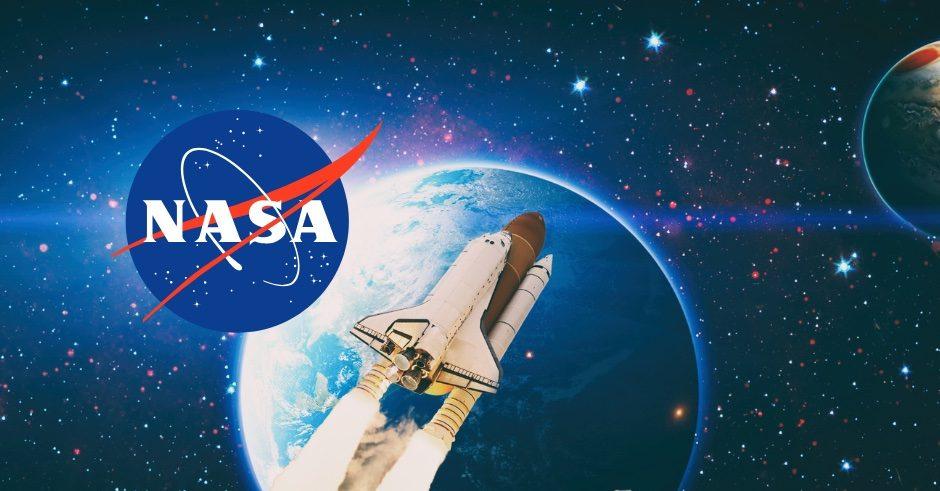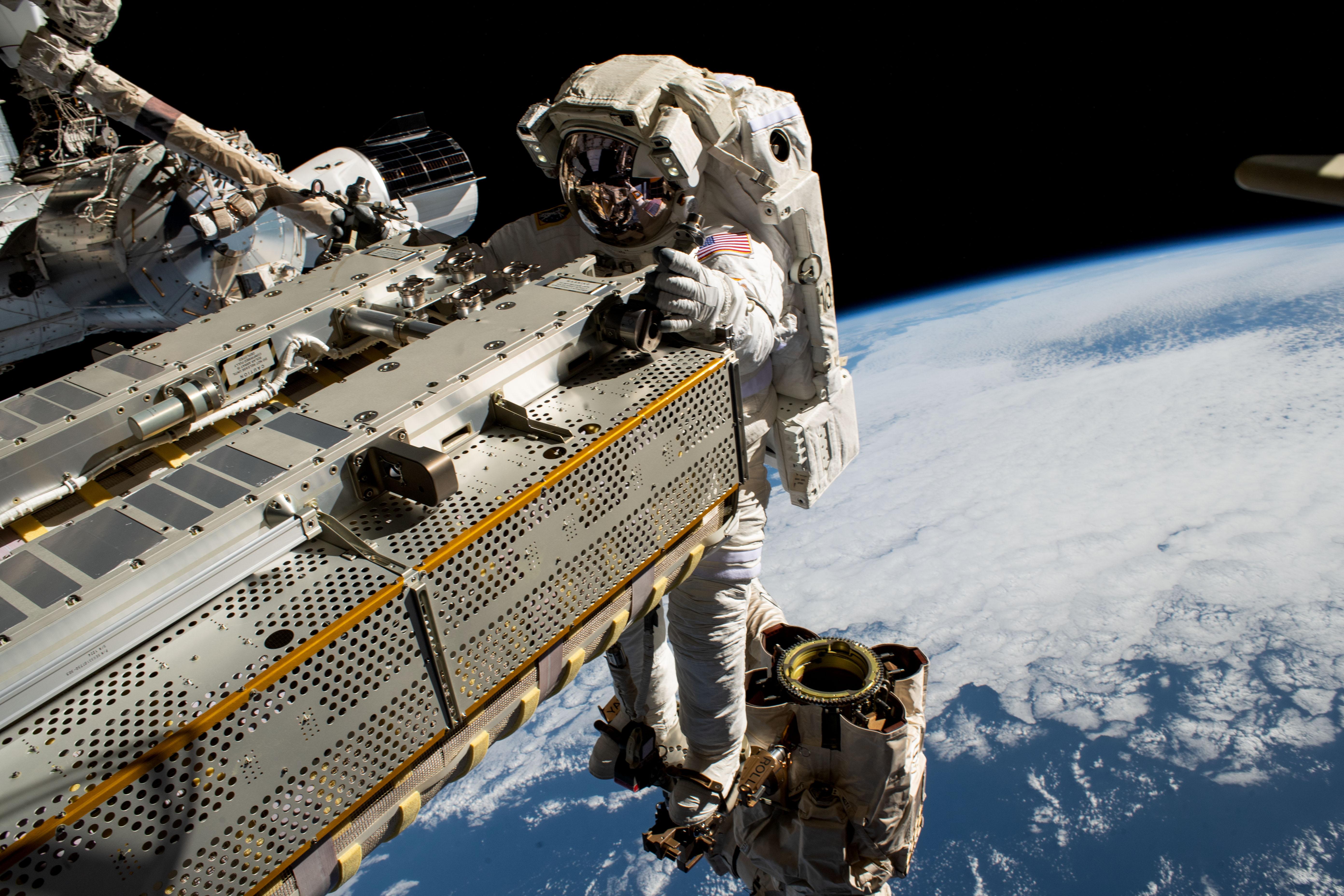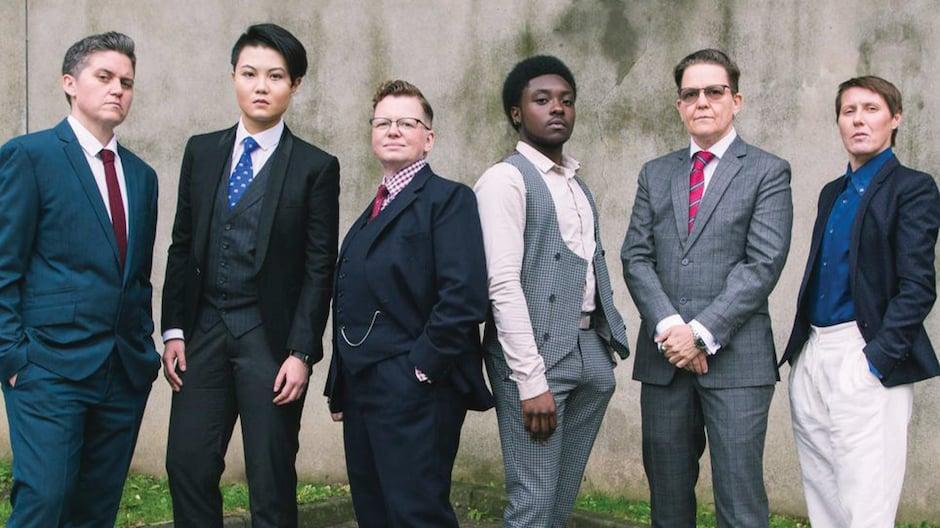NASA Astronauts Reflect on the Challenges of reintegrating into Everyday Life
NASA astronauts Butch Wilmore and Suni Williams have recently shared their insights on the unique challenges they face as they transition from the microgravity environment of space back to the grounded reality of life on Earth. Their experiences reveal a profound adjustment period marked by unexpected inconveniences and emotional complexity.in particular, they highlighted the following difficulties:
- Reacclimation to Gravity: Both astronauts reported feeling disoriented at times as their bodies adjusted back to earth’s gravitational pull, affecting their balance and spatial awareness.
- Social Readjustment: Interacting with friends and family can feel somewhat alien, as the astronauts often find themselves struggling to connect over experiences that seem mundane in comparison to their remarkable missions.
- Piece of Normalcy: Everyday tasks, such as grocery shopping or cooking, can become surprisingly daunting, with the once-familiar aspects of life feeling strangely overwhelming after months in orbit.
Interestingly, both Wilmore and Williams noted that while the challenges of reintegration are real, they also treasure the valuable perspectives they gained during their time in space. They emphasized crucial takeaways such as:
- Gratitude for Earth: The view of Earth from space can fundamentally change how astronauts appreciate the planet’s beauty and fragility.
- Community and Collaboration: The camaraderie developed among astronauts fosters a sense of connection that transcends their time in space,reinforcing the importance of teamwork,both in orbit and on the ground.
- Mindfulness: Having experienced the vastness of space, they return with a deeper understanding of their place in the universe, encouraging a more mindful approach to day-to-day life.

Coping Strategies from Butch and Suni: Lessons Learned from Space
After spending an extended period in the vastness of space,astronauts Butch Wilmore and Suni Williams have returned to Earth with profound insights into coping with the challenges of reintegration into everyday life. Their experiences reveal that managing the transition from a microgravity environment to Earth’s gravitational pull is as much about mental resilience as it is about physical readjustment. Key strategies they adopted during their journey included:
- Establishing routines: A structured day helped maintain a sense of normalcy, facilitating a smoother transition back to civilian life.
- Mindfulness Practices: Engaging in meditation and reflective practices allowed them to process their experiences and alleviate stress.
- Physical Activity: Regular exercise was essential not just for physical health but also for emotional balance, functioning as a natural combatant against anxiety.
Moreover, Butch and Suni emphasized the importance of social support in navigating their return. Connecting with family, friends, and colleagues provided a network of understanding, which was crucial for sharing unique experiences and concerns. They found that maintaining open lines of communication enabled them to adapt more swiftly and effectively. Some additional key elements included:
- Active Engagement: Reimmersing themselves in community activities reestablished a sense of purpose and belonging.
- Storytelling: Sharing their journeys not only helped others understand their experiences but also allowed them to process their own feelings about their time in space.
- Strategies for Anxiety: They practiced breathing techniques to manage feelings of discomfort during the adjustment period.

The Psychological Impact of Space Travel and Its Return to Earth
Returning to Earth after an extended stay in the weightlessness of space unleashes a complex array of psychological challenges for astronauts.For Butch and Suni, the transition involved grappling with the lingering effects of microgravity on their minds and bodies. Physical disorientation is just the tip of the iceberg; astronauts frequently enough report feelings of anxiety and a profound sense of alienation. The stark contrast between the serene vastness of space and the dense atmosphere of Earth can evoke a sense of dislocation, making reintegration an intricate process. Some common psychological effects they face include:
- Readjustment Anxiety: It can lead to stress as they relearn everyday tasks.
- Post-Flight Blues: The emotional void after reaching back home often mirrors a sense of loss.
- Heightened Sensitivity: The neural systems may react differently to earthly stimuli, affecting mood and perception.
For Butch and Suni, the journey home extended beyond their physical re-entry; it also meant reconciling their profound experiences in space with the mundane rhythms of Earth life. They shared stories about feeling overwhelmed by the sound of bustling traffic or the scent of fresh grass, sensations that seemed trivial before their journey. Therapeutic practices have become integral to their readjustment, guiding them to find balance again.Strategies employed by astronauts include:
- Mindfulness Techniques: Engaging in meditation helps recenter their thoughts.
- Physical Rehabilitation: Rebuilding strength and coordination is key to recovering from muscle atrophy.
- Social Support: Connecting with fellow astronauts aids emotional and psychological recovery.

Recommendations for Future Astronauts: Preparing for Life After Space missions
As former astronauts butch and Suni navigate their reintegration into life on Earth, they have invaluable insights to share for those preparing for future missions. The transition from the weightlessness of space back to Earth’s gravity can be jarring, requiring both physical and emotional adaptation. To help future astronauts manage this notable shift, they recommend the following:
- Establish a Routine: Creating a structured daily schedule can assist in reorienting your body clock and mental state.
- Stay physically Active: Engaging in regular exercise is crucial for rebuilding muscle strength and endurance lost during spaceflight.
- Maintain Social Connections: Reconnecting with friends and family helps provide emotional support and mitigates feelings of isolation.
- Participate in Public Outreach: Sharing experiences from space not only helps with personal closure but can reignite passion and purpose.
- Utilize Professional Support: Counseling and psychological resources can be instrumental in processing the emotional impacts of returning home.
Moreover,the psychological effects of space travel can be long-lasting,making it essential for astronauts to prepare for potential mental health challenges. Butch and Suni emphasize the importance of mindfulness and self-care during this transition. Future astronauts should consider:
- Journaling: Documenting feelings and experiences can be a therapeutic outlet, helping to process the unique challenges faced.
- Participating in Group Therapy: Connecting with fellow astronauts can provide camaraderie and validation of shared experiences.
- Exploring New Interests: engaging in hobbies or learning new skills can offer fulfilling distractions and a sense of accomplishment.
